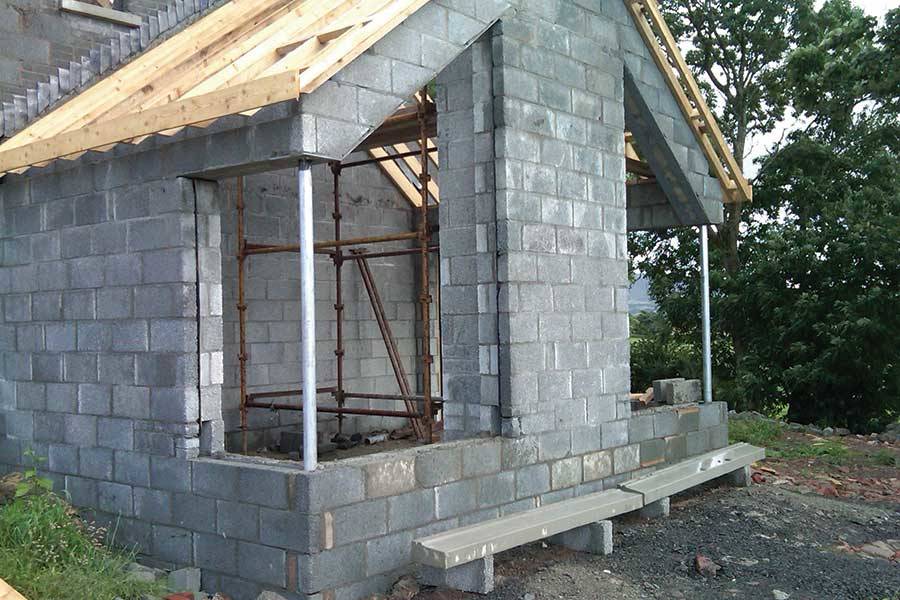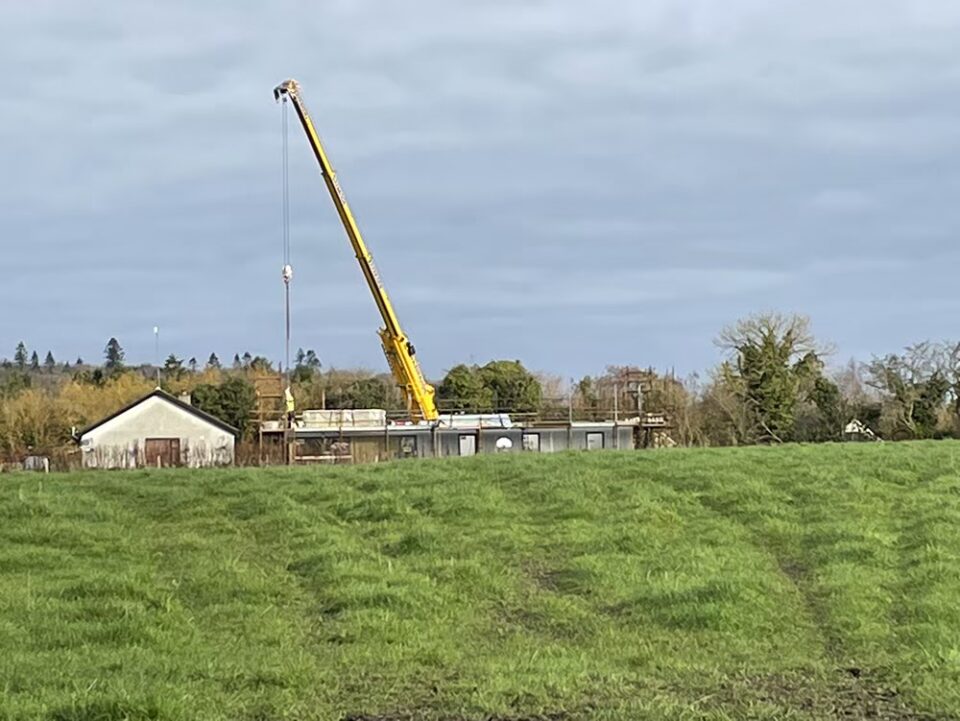What’s happening?
The ROI Government wants competent persons to build and oversee the building of houses. To do this they’re looking at implementing a register of builders and have introduced a more robust self-certification process for building control.
As of March of this year you will need to appoint a ‘competent builder’ but as anyone can call themselves a builder, you could appoint yourself. The law also requires you to appoint an ‘Assigned Certifier’ who will sign off on the building stages, much like Building Control Departments do in NI. The idea is that the assigned certifier (a registered architect/engineer/building surveyor of your choosing) will for all intents and purposes dictate who can work on the job as they can refuse to certify the house if built by someone they are not confident in, or place conditions on signing off, such as increased insurance cover on the builder’s part, e.g. latent defects insurance.
Not set in stone
A voluntary register of builders is being set up by the Construction Industry Federation (CIF), with a view to establishing a statutory register in 2015. The idea is that since builders will be held legally responsible for the construction project, it will be in their interest to hire staff they know are competent to do the job. However, the law establishing a statutory register has not been passed yet. The industry reaction and response to the CIF’s voluntary register will influence the law makers, as will the practicalities of implementing it on the ground.
Hiring direct labour
In all likelihood project managers will continue to exist and self-builders will be allowed to act as such; the likely caveat there will be that competent persons, i.e. tradesmen and builders on the builder’s register, must be appointed when hiring direct labour. The builder’s register will have to encompass a large number of trades, including, for example, timber frame companies, in order for it to work in practice.
DIY
In all likelihood, self-builders with a hands-on approach will still be allowed to get their hands dirty. The difference will probably be that this work will have to be ‘overseen’ by a competent person, i.e. a registered builder. The way this would work is based on the fact that the staff hired by the builder are not required to be on the builder’s register. This would imply that builders will still be able to hire anyone they want to work on the project; hands-on self-builders would then be indirectly covered by this.










